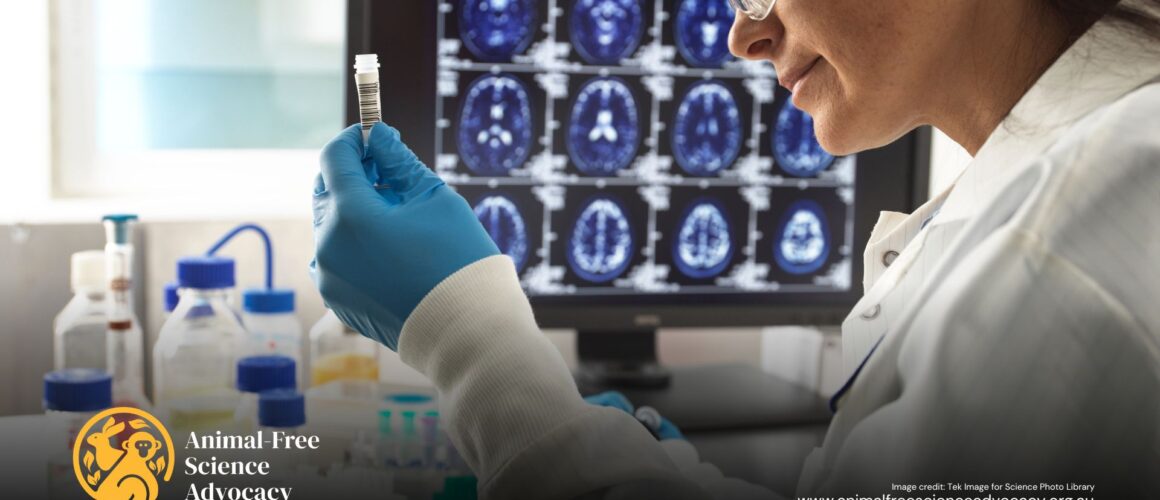Article: Scarcity of Recurrent Regulatory Driver Mutations in Colorectal Cancer Revealed by Targeted Deep Sequencing
JNCI Cancer Spectr. 2019;3(2):pkz012. Published 2019 Apr 16. doi:10.1093/jncics/pkz012
Authors:
Rebecca C Poulos 1 2, Dilmi Perera 1, Deborah Packham 1, Anushi Shah 1, Caroline Janitz 3, John E Pimanda 1 4 5, Nicholas Hawkins 5 6, Robyn L Ward 1 7, Luke B Hesson 1, Jason W H Wong 1 8
Affiliations:
1. Prince of Wales Clinical School and Lowy Cancer Research Centre, UNSW Sydney, Sydney, NSW, Australia.
2. Children’s Medical Research Institute, Faculty of Medicine and Health The University of Sydney, Westmead, NSW, Australia.
3. Next-Generation Sequencing Facility, Office of the Deputy Vice-Chancellor (R&D), Western Sydney University, Penrith, NSW, Australia.
4. Department of Haematology, Prince of Wales Hospital, Sydney, NSW, Australia.
5. School of Medical Sciences, UNSW Sydney, Sydney, NSW, Australia.
6. Faculty of Medicine, The University of Queensland, Herston, QLD, Australia.
7. Faculty of Medicine and Health, University of Sydney, Sydney, NSW, Australia.
8. School of Biomedical Sciences, Li Ka Shing Faculty of Medicine, The University of Hong Kong, Hong Kong Special Administrative Region.
Funders:
This work was supported by Cancer Institute New South Wales (13/DATA/1-02, JWHW); Cure Cancer Foundation Australia with the assistance of Cancer Australia, through the Priority-driven Collaborative Cancer Research Scheme (APP1057921, JWHW); Australian Research Council Future Fellowship (FT130100096, JWHW); Australian Government Research Training Program Scholarship (RCP); and National Health and Medical Research Council (Australia) (APP1138536, RCP) (JEP).
Aim:
In Colorectal cancer relatively low mutation variants have been identified. Thus, far protein-coding regions have been more a focus than noncoding DNA in cancer sample testing. Noncoding mutations can be pathogenic in nature once they disrupt gene regulation. Given the benefit for tailored therapy from detection identifying further driver mutations would be highly beneficial. Currently colorectal cancer patients are tested for the RAS mutations to determine which growth factor receptor are used for therapy as they require anti–epidermal growth factor receptor.
This study utilises what is known as a target capture sequencing (TCS) to generate high-depth sequencing data. The TCS assay was designed to provide sequencing data covering known colorectal cancer associated genes (n=39 genes), promoter regions of all known coding genes (n=26 455 regions) and selected regulatory elements (n=13 891 regions), long noncoding RNAs (n=842 regions), and microRNAs (n=25 regions).
Terminology/ Abbreviations:
• TCS- Target Capture Sequencing
• WSG- Whole Genome Sequencing
• COSMIC- Catalogue of Somatic Mutations In Cancer
• RAS gene family- encode proteins that have a pivotal cytoplasmic role in cell signalling.
Method:
Sample collection: Ethics approval from the South Eastern Sydney Local Health District Human Research Ethics Committee. Fresh tumour tissue and blood samples from 95 colorectal cancer and matched normal were selected from a biobank.
• TCS Assay Design included 35 726 928 nucleotides of the genome. The resulting sequencing data of promoters, regulatory regions, and coding exons were analysed.
• Somatic single-nucleotide variants were detected using the following methods Strelka and SvABA.
• Pearson correlation from Catalogue Of Somatic Mutations In Cancer (COSMIC) database of trinucleotide frequencies with mutational signatures were used to establish mutational spectrum.
• Experimental Validation was carried out on some randomly selected somatic mutations and promoter of MTERFD3 via conducting Sanger sequencing polymerase chain reaction. It was further validated by whole genome sequencing of one sample.
The data from this study are available upon application via the European Genome-Phenome Archive with accession number EGAD00001004582.
Results:
The following points were highlighted in the study
• The TCS Assay detected 43 915 somatic single-nucleotide mutations and 5244 somatic indels (insertions/deletions).
• Validation using WGS found TCS assay identified 94.5% of mutations.
• Cases of hereditary defects in mismatch, base excision repair due to deleterious germline coding variants, mutational spectra consistent were also reported. Regulatory mutations have been reported for future functional studies.
• Characterization of mutation was reported to be consistent with previously reported in colorectal cancers.
• TCS assay showed distinctive mutational spectra for variant MSH6 or MUTYH were further analysed and mutational spectrum of was correlated with the COSMIC associated with defects in the base excision repair pathway and MUTYH deficiency.
• Detection of Mutations in the Promoters of Cancer Driver Genes showed Low frequency which is consistent with previously reported in colorectal cancers.
• Regulatory Regions were also explored further during this study.
Conclusion:
This study has been presented as reference point to detecting low-frequency regulatory driver mutations and its ability to somatic regulatory driver mutations as a potentially beneficial in melanoma and blood cancers. The investigation via the assay has supported the rarity of regulatory driver mutations.
Relevance:
Colorectal cancer is a common cancer in both men and women and detailed panel testing that assist toward treatment is a highly regarded advancement. Targeted Deep Sequencing can used for other cancers to identify mutations which can be greatly beneficial.
HRA Comment:
The use of already established biobanks and designed tailored assays can tap into the targeted therapy which is showing benefits across many illnesses.
